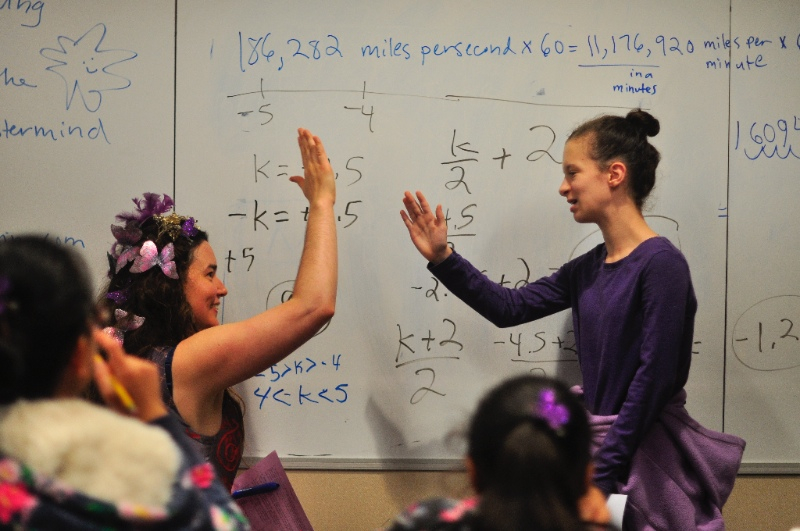Topic: growth mindset
The crucial difference between perfectionism and mastery
Tuesday, May 10th, 2016I recently asked one of my students what the most important thing was that I could share with you.
She said, “You have to tell them about the difference between perfectionism and mastery.”
This is something I’ve started sharing with my students, and I want you to know about it too!
Here’s what I’ve realized.
Perfectionism doesn’t create perfection.
It creates rigidity and stress.
True perfection comes from a willingness to take risks
and a commitment to the process of mastery.
The deepest accomplishment, the deepest achievement,
it doesn’t come when we’re looking over our shoulder,
wondering if we’re doing it right,
or we’re good enough.
It comes when we’re just really engaged with what we’re doing,
and open about what we don’t understand and what doesn’t make sense yet,
and committed to practicing until those parts that are strange or uncomfortable
become automatic and internalized and pleasurable.
Do you see your child taking a perfectionistic approach to their struggles with math… and it’s just not working?
Do you wish that there was someone you could send them to where they could be supported in actually cultivating true mastery of math, instead of just looking like they’ve got their act together?
Just click here to get started with your special application for my one-on-one math tutoring programs. Once your application is received, we’ll set up a special phone call to get clear if my approach would be a good fit for your child.
I’m here for you, and I’m so glad we’re connected!
Sending you love,
REBECCA
Comment on this post (1)







